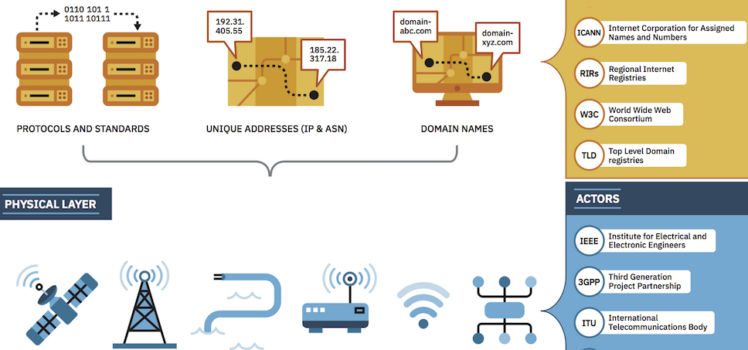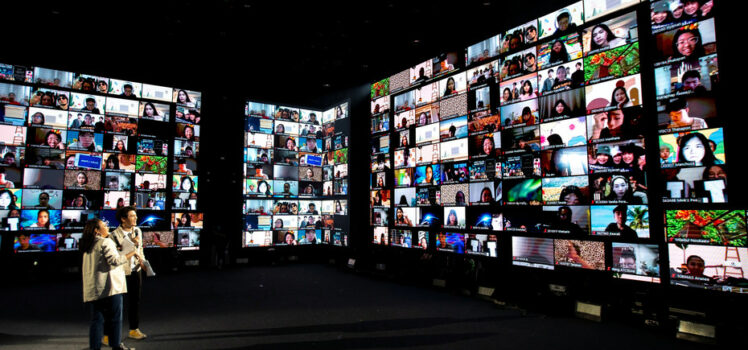During 2021, I had the privilege of editing this report by Dr. Niels ten Oever, on the odd, risky, and critical links between human rights and the management of the internet's infrastructure—the matrix of services, connections and rules that keep the internet running.
The evolution and unique culture of internet infrastructure is as interesting as it is revealing about the dangerous moment we're in now. As we say in the report, "The commercialization and privatization of the internet that began in the 1990s was expected to bring about innovation and competition. In practice, it has led to the emergence of oligopolies."
single Category Archives ict4d
The coronavirus pandemic has exposed deep structural problems that go far beyond conventional ideas of public health, not least the impacts of pervasive inequality and racism. Civil society is mobilising to adapt and respond. Our ability to drive change will depend in part on our ability to communicate vital information in effective ways, harnessing the power of data and digital technology. The emergency has shown that the right information delivered in the right way can prompt people to change their individual behaviours and collectively save lives all over the world.
The iconic "Flatten the Curve" graph, which encouraged people everywhere to help contain the spread of COVID-19, is a case in point. It shows how measures such as hand-washing and social distancing can squash the expected peak of the pandemic, and keep infection numbers low enough for healthcare systems to manage. This simple public health chart, which originated in specialist journals and reports, was widely shared by traditional newspapers and magazines, then refined to clarify the message even further, translated into many languages, and creatively reworked into animations, cartoons and even cat videos.
Storytelling for advocacy is a challenge, especially in transparency work, where the characters are often lawyers—or laws—and not mythical heroes. As advocates who want to make a point to make a change, we need vivid imagery to deliver our message, especially because the changes we seek can be hard to explain.
We seek compelling stories the same way those heroes seek magic hammers and hidden temples. We’re on a quest for stories that can remake the world. But—spoiler alert—the quest often ends in disappointment.


